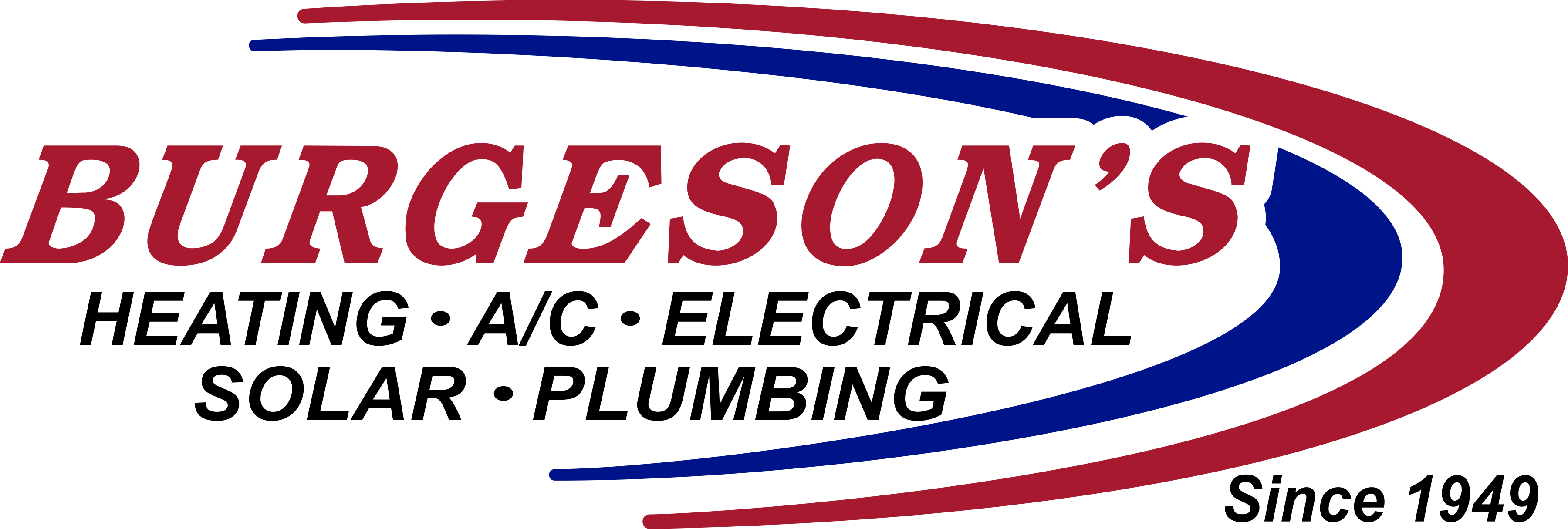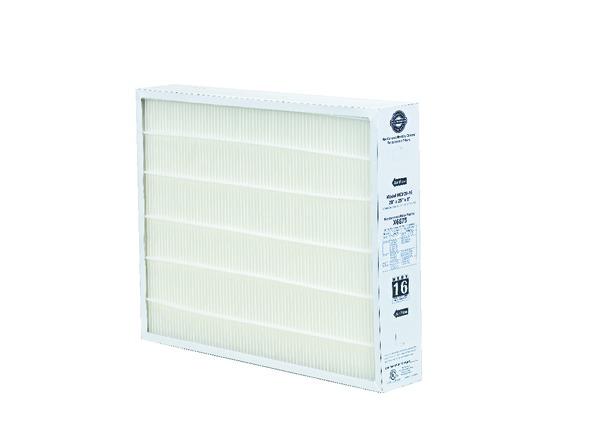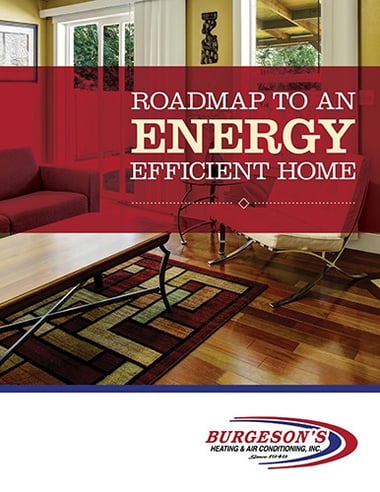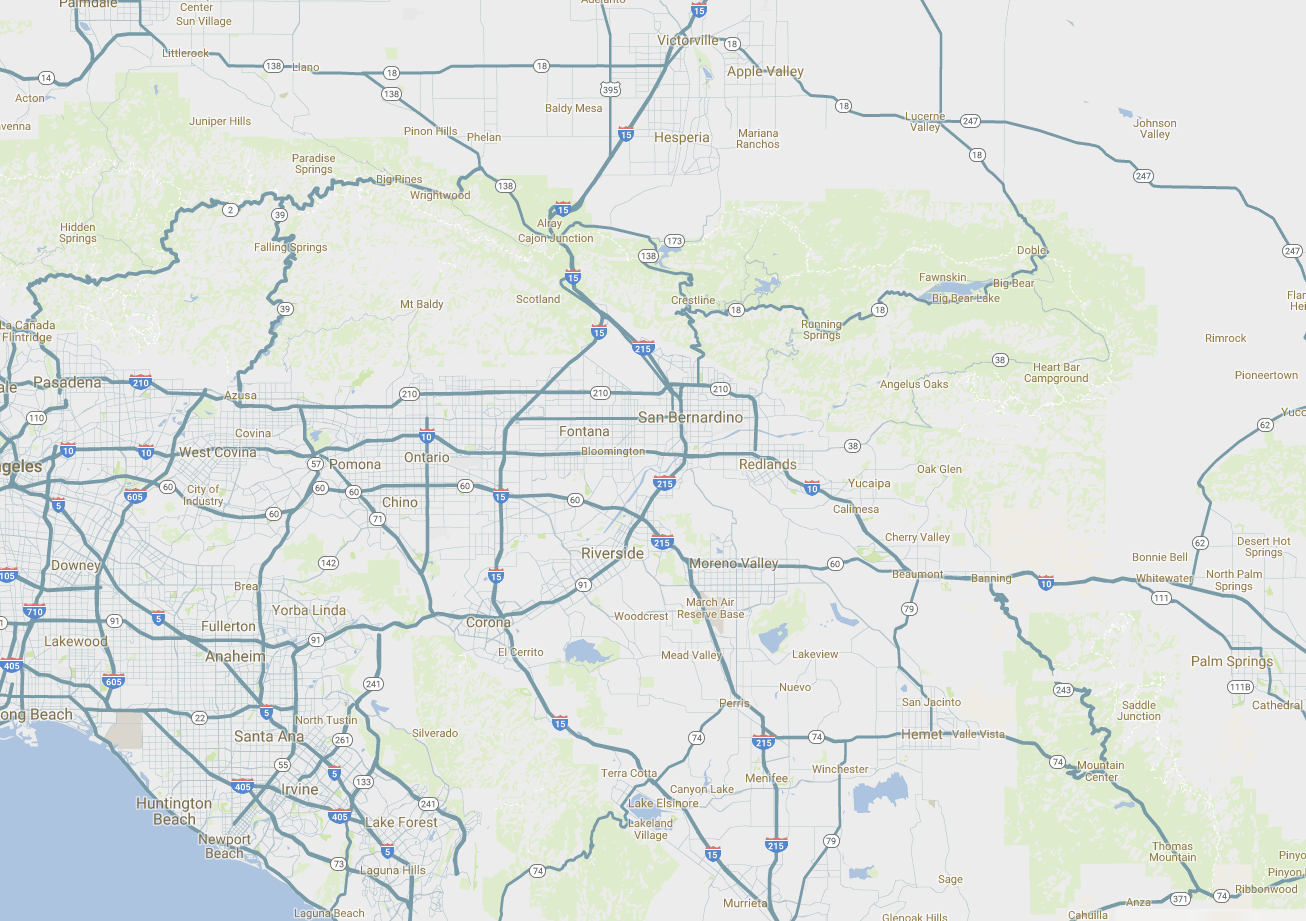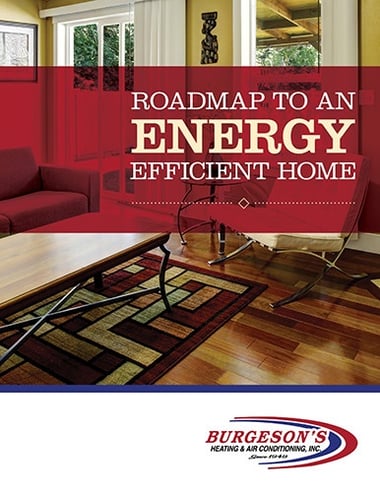Are you on the hunt for a new home air filter? Do you keep wondering what all of these MERV ratings actually mean? Understanding MERV ratings is essential to choosing the right filter for your home and equipment. Choosing the right filter also means the protecting your family against airborne allergens... and you'll even get to dust less!
What's a MERV Rating?
Minimum Efficiency Reporting Value (also known as a MERV rating) indicates the efficiency of an air filter in trapping airborne particles. The ratings range from 1-16, with 16 being the most efficient at capturing potentially harmful elements. The American Society of Heating, Refrigerating, and Air-Conditioning Engineers (ASHRAE) developed a standard for the MERV scale to assess performance levels when removing particles. These particles include:
- Pollen
- Dust Mites
- Mold
- Pollen
- Pet Dander
- Bacteria
Here's how MERV ratings stack up against each other.
MERV: 1-12
MERV 1-4 filters provide the least filtration and capture large particles from indoor air. Typically made out of disposable fiberglass or synthetic panel filters, these need to be replaced more often.
MERV 5-8 filters are good at capturing mold spores and even dust. These filters are usually pleated and can remove particles as small as 3.0 microns in size. Depending on system usage, you should replace these every 3 to 6 months.
MERV 9-12 filters capture up to 95% of airborne particles as small as 1.0 micron. Meant for most homes and commercial buildings, MERV 9-12 filters come in a pleated, rigid box design. Typically a special compartment is needed to house these filters as they are 4-5 inches thick. Depending on system usage, these filters should be replaced every 6 to 12 months.
MERV: 13-16
MERV 13-16 filters capture up to 98% of airborne allergens as small as 0.3 microns in size. These filters were originally designed for hospitals and health care facilities and offer the best filtration available. Contact us to determine whether your HVAC system can accommodate these type of filters.
Filter Care
To avoid restricted air flow, you should change your filters depending on your frequency of use. A dirty air filter can make your heating and air conditioning equipment compensate for the obstructed air flow thus working harder and using more energy. Changing a filter is an easy fix that most people can perform provided there is easy access to your return air filter grille or furnace. Here's a handy guide for filter change:
- Rarely used filter or homes without pets: change every 6-12 months
- Home with one dog or cat: change every 3-6 months
- Multiple pets or allergies: change every month
If you still have more questions regarding MERV ratings, air filters, or HVAC systems, don't hesitate to call us or schedule a service appointment. Our Comfort Advisors are ready to answer any and all questions.
